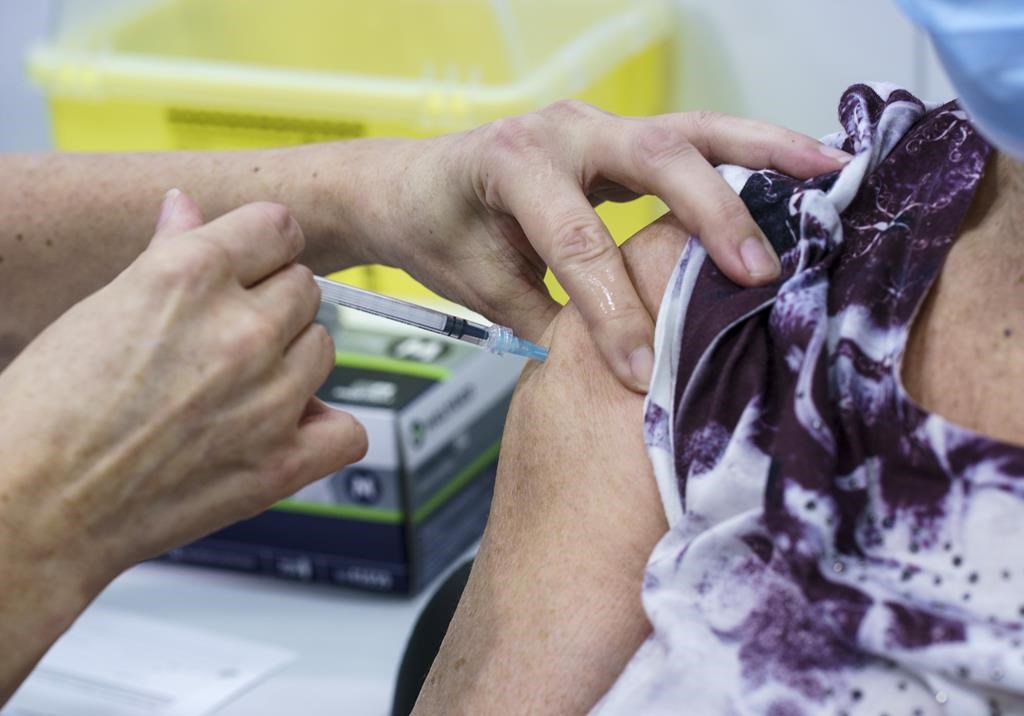MONTREAL – The COVID-19 situation continues to evolve, and certain groups of the population remain more vulnerable to the virus. This week, Quebec's National Institute of Public Health (INSPQ) published its vaccination recommendations for spring 2024.
A person vaccinated against Covid-19 is less likely to develop serious illness, but a gradual decline in this protection has been observed over six months after vaccination. Therefore, a booster dose is necessary to maintain adequate protection, INSPQ states in its latest opinion.
Serious complications from coronavirus (COVID-19) are most common in people ages 80 and older. For this age group, about 1 in 30 infected people require hospitalization. Among people aged 60 to 79 years, the frequency of hospitalizations and deaths is lower, except for people with chronic disease.
The INSPQ notes that a booster shot in the spring of 2024 could prevent a “significant number” of serious cases of COVID-19 among the highest-risk groups.
However, the institute notes that the precise contribution of such vaccination remains difficult to assess “given the few efficacy studies of the monovalent XBB.1.5 vaccine and the potential for the spread of variants increasingly distant from the vaccine strain during 2024.”
Based on this information, the Quebec Immunization Commission (CIQ) is recommending a dose of the monovalent XBB.1.5 vaccine in the spring for seniors aged 80 years and older as well as for people who are immunocompromised or on dialysis.
This recommendation also includes residents of long-term care centers (CHSLD) and residences for the elderly (RPA).
According to INSPQ data, as of March 19, 661 people currently hospitalized have tested positive for SARS-CoV-2, which includes old cases and new cases.
—
The Canadian Press' health content receives funding through a partnership with the Canadian Medical Association. The Canadian Press is solely responsible for editorial selections.

“Subtly charming problem solver. Extreme tv enthusiast. Web scholar. Evil beer expert. Music nerd. Food junkie.”

